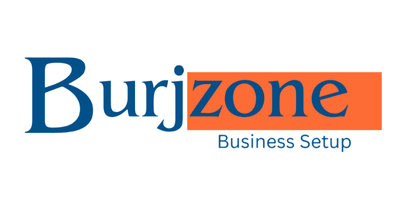Our Blog
Home / Blog
Transfer Pricing Requirements in UAE: What Every CFO Should Know
With the UAE’s evolving tax landscape in 2025, understanding transfer pricing (TP) regulations has become crucial for CFOs managing businesses in Dubai, Abu Dhabi, Sharjah, and across other emirates. Transfer pricing rules ensure that transactions between related entities are conducted at arm’s length, preventing tax base erosion and profit shifting.
This article outlines the key transfer pricing requirements in the UAE and what CFOs need to know to stay compliant.
1. What Is Transfer Pricing?
Transfer pricing refers to the rules and methods for pricing transactions between related parties, such as parent companies and subsidiaries, within a multinational group. The goal is to ensure that profits are reported fairly and taxed appropriately in each jurisdiction.
2. UAE’s Transfer Pricing Framework
The UAE introduced transfer pricing regulations as part of its commitment to international tax standards, including the OECD’s Base Erosion and Profit Shifting (BEPS) Action Plan. These rules require entities to:
Conduct transactions at arm’s length prices.
Maintain proper documentation supporting transfer pricing policies.
Comply with reporting and disclosure obligations.
3. Who Must Comply?
Transfer pricing rules apply to UAE businesses engaged in related-party transactions exceeding certain thresholds, including:
Sale or purchase of goods and services.
Financing and loan arrangements.
Intellectual property licensing.
Management and technical services.
4. Key Documentation Requirements
Businesses must prepare and maintain transfer pricing documentation that includes:
A detailed description of the related-party transactions.
The chosen transfer pricing method and rationale.
Financial analysis demonstrating arm’s length pricing.
Copies of intercompany agreements and contracts.
5. Penalties for Non-Compliance
Failure to comply with transfer pricing requirements can lead to significant penalties, including fines and adjustments to taxable income by the Federal Tax Authority (FTA). Accurate documentation is essential to avoid disputes and audits.
6. Best Practices for CFOs
Implement robust internal controls and documentation processes.
Regularly review intercompany transactions to ensure compliance.
Seek expert advice on transfer pricing policies tailored to UAE regulations.
Monitor changes in UAE tax laws and update policies accordingly.
7. The Role of Economic Substance Regulations
UAE’s economic substance rules complement transfer pricing by requiring entities engaged in certain activities to demonstrate adequate local presence, helping justify transfer pricing arrangements.
Final Thoughts
For CFOs in Dubai, Abu Dhabi, Sharjah, and other emirates, mastering UAE’s transfer pricing requirements is vital for compliance and tax efficiency. Proactive management of transfer pricing policies and documentation can safeguard your company against penalties and enhance financial transparency in 2025.
#TransferPricingUAE #DubaiFinance #AbuDhabiTax #SharjahBusiness #UAECompliance2025 #CorporateTaxUAE #FTARegulations
